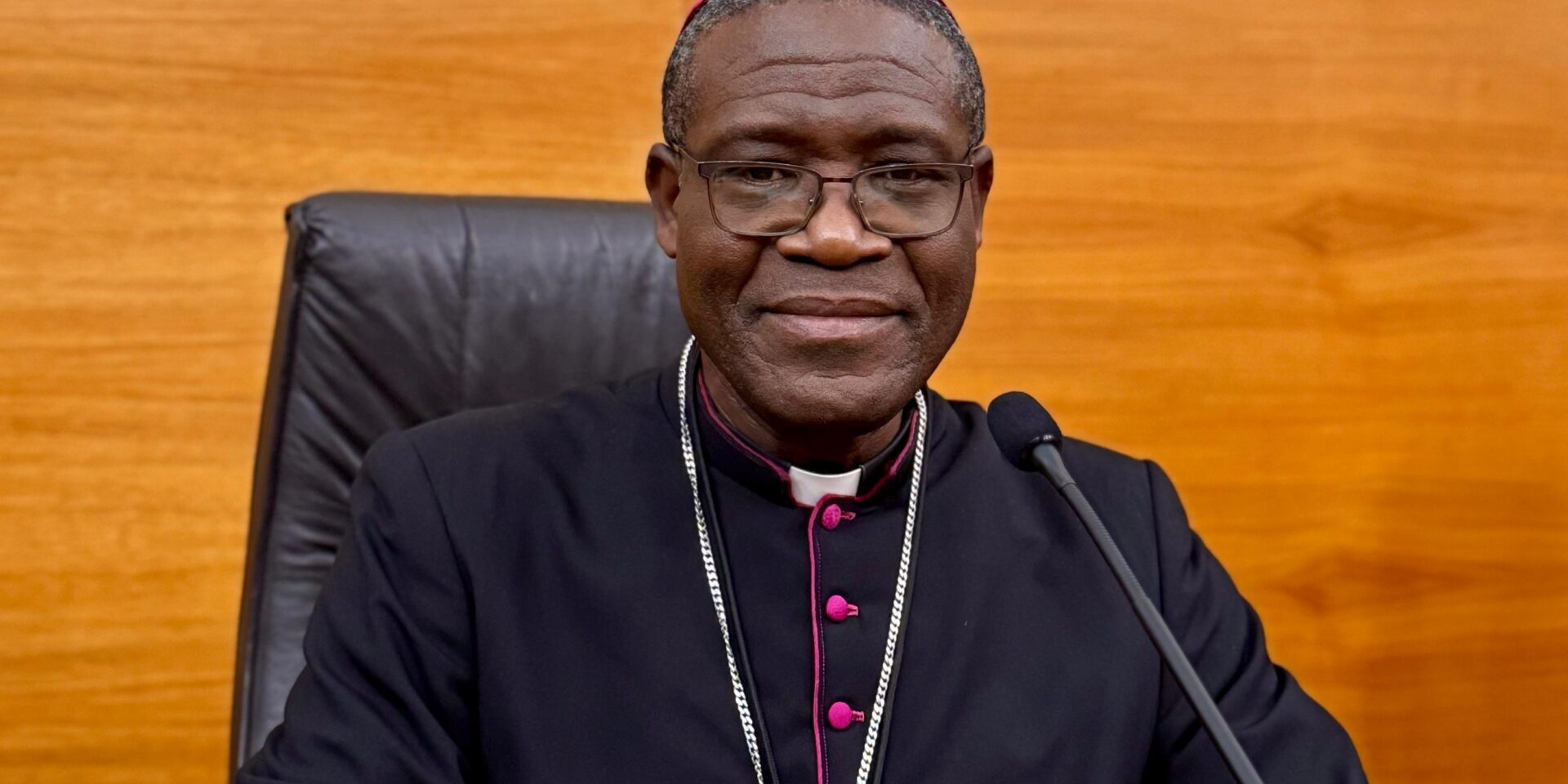“All I want, is to know Jesus Christ” (Phil. 3:10).
In a recent reflection, Archbishop Gabriel Malzaire, Archbishop of the Archdiocese of Castries, St. Lucia, highlights the importance of conscience formation in our personal, social, and spiritual lives. His document reminds us that conscience is one of God’s greatest gifts to humanity—a quiet yet firm inner voice that guides us to choose good over evil and truth over falsehood. Yet, as the Archbishop points out, conscience does not form automatically. It must be nurtured, shaped, and strengthened.
Conscience in Society
A healthy society depends on well-formed consciences. Laws may regulate outward actions, but conscience governs the inner motives that no one sees. When people listen to their conscience, they act with honesty and integrity even when no one is watching. Communities marked by this kind of integrity become places where justice and fairness can flourish. On the other hand, history shows us the terrible consequences when conscience is ignored—tyranny, oppression, and violence.
Conscience in Faith
For Christians, conscience is not simply a personal opinion or fleeting feeling. The Second Vatican Council describes it as “the most secret core and sanctuary of man, where he is alone with God, whose voice echoes in his depths.” To form our consciences means allowing Scripture, the teachings of the Church, prayer, and the example of Christ to shape our judgments. Without this grounding, morality can become relative, dictated only by convenience or cultural trends. But when our conscience is formed by truth, we gain the freedom to love God and neighbour wholeheartedly.
Conscience and the Heart
Conscience also impacts our emotional well-being. Acting in harmony with conscience brings peace, integrity, and joy. When we ignore it, we feel guilt, unease, or even despair. Over time, neglect can lead to what psychologists call “moral numbness”—where wrongdoing no longer stirs any remorse. A well-formed conscience, however, keeps our hearts tender and open to God and others.
As Archbishop Malzaire reflects: “Only a good conscience helps us to be – good, kind, honourable, transparent, honest, generous… The answer, my friends, must come from within!”
Ultimately, conscience is the final arbiter before God. Each of us has the lifelong responsibility to form it through prayer, reflection, and humility. In doing so, we not only make better choices but also become the people God created us to be.
